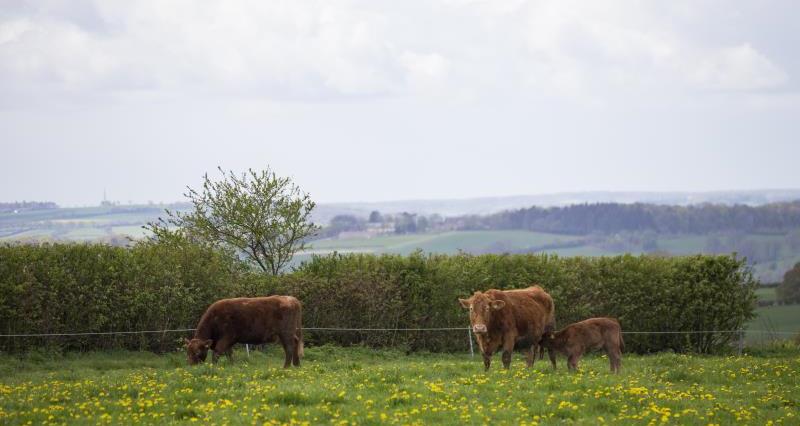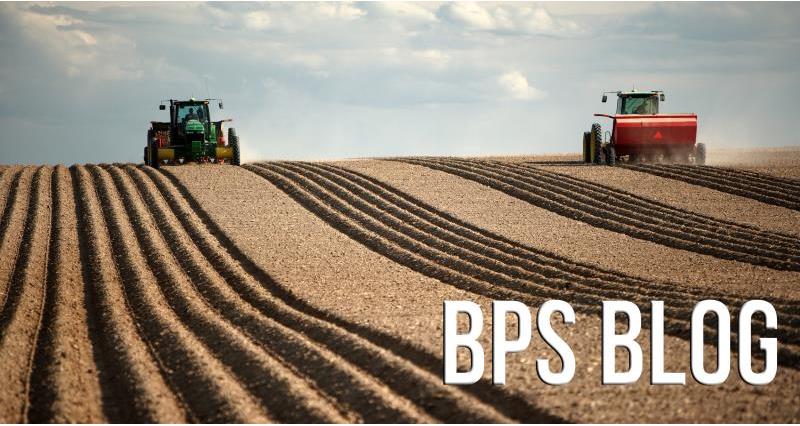He writes:
For many, the last few months will have been ones they would rather forget. We started the year with a long hard winter, then we have seen some extreme summer conditions. This working environment has been very challenging for farmers up and down the country. I will not go into what the impacts have been, but be assured the NFU is fully aware of the impacts of the current weather patterns. In my role, covering BPS, greening and cross compliance, I have been actively working with colleagues to see how the current BPS can be used to help those impacted.
At the beginning of August the NFU organised a drought summit to bring together the industry to discuss the situation with the Secretary of State. Key issues raised within that meeting were around helping cash flow and looking at ways the current rules could be flexed to allow farmers to manage the challenges faced.
Management of land
Even before the drought summit, we had been in contact with Defra and RPA officials to inform them of the developing picture. The first thing that we raised was concerns around the establishment of EFA catch crops by 20 August. Working with Defra and the RPA, we arrived at a pragmatic solution - details of which can be found here.
As the weeks of dry weather continued, we worked with colleagues including a number of European farmers unions to raise awareness of concerns with the EU Commission. The EU Commission has made a number of statements over the last couple of months giving an indication it would be receptive to changing the rules to assist affected farmers across Europe.
Initially, the changes proposed by the Commission were not going to be suitable for English conditions, for example they were allowing the relaxation of the rules for EFA fallow land option, when at the time in England our EFA fallow period (1 January to 30 June) had already come to an end. As a result we did not seek flexibility on this aspect for obvious reasons - contrary to some confusing statements recently coming from the Minister and his officials. (You can watch an ITV News West Country TV debate featuring Defra Minister George Eustice here.)
Our view is that flexing the scheme rules has to work on the ground - initially to allow flexibility within the rules to meet the greening requirements and latterly use greening land as a source of fodder as we believe there will be a pressure on forage supplies towards the end of the forthcoming winter, not helped by very little rollover of 2017 fodder stocks.

We are now at a point where more meaningful opportunities to change the greening rules have come forward from the Commission to help assist the concerns we have around this ‘fodder gap’. We would like the rule changes to go further, and look at the entire set of BPS rules that cover the 2018/19 winter period. That includes the rules that relate to BPS 2019 - after all the EFA fallow period for 2019 starts on 1 January 2019. Currently, there are proposals in Europe to allow the harvesting/grazing of EFA catch/cover crops as well as possibly more 'grazable' friendly crops being able to be established on greening land. Furthermore, there is the possibility to shorten the 8-week minimum period for EFA catch/cover crops to allow such land to be used to graze or harvest. The NFU is keen to see this relaxation introduced in England and we are continuing to work on this with Defra.
Improved cash flow certainty
We have been concerned that many livestock farmers have faced sharply increased prices for bought-in feed and bedding to replace the shortfall on their own farms. To help the situation we have been working hard to get the estimated £46m of BPS monies that could have been paid at the start of August released before the 2018 BPS payment window opens on 1 December. This includes top-up payments for BPS 2015, 2016 and 2017 claims not fully paid; the refund of Financial Discipline monies taken off the BPS 2016 payments and the long awaited common land adjustment BPS payments. We hope to see these last two groups of payments start to be made in the coming weeks.
In respect of the 2018 BPS, we want to see as many full and correct payments made in December as possible. We have also requested that the RPA plans for bridging payments for those BPS recipients who are not paid by the end of December.
We also need to see firm plans being published by the RPA/Ministers on their approach to delivery for BPS 2018. To date there has been nothing formally announced, which is in stark contrast to what we have seen around the rest of the UK. This communication is key as there is no point saying there will be bridging payments a week before they are issued. It is vital for the industry to know the RPA’s payment intentions as early as possible so farmers can build in cash flow certainty to their cash flow planning. We see the approach taken in Wales as the blue print in the way the industry should be supported.
